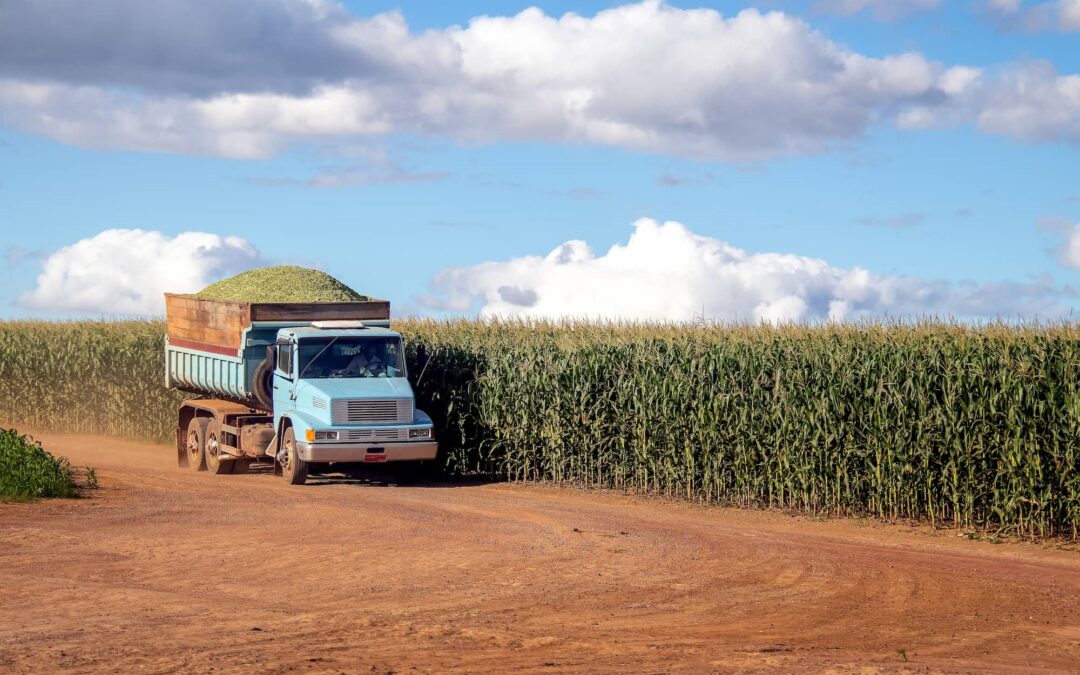Recent measures against illegal drivers could soon see a crackdown impacting US farm labor. In the last few months, the Trump Administration began a push towards English in trucking. The push included stronger ELP (English Language Proficiency) mandates and other laws focused on restricting non-domiciled commercial drivers. Since the stricter enforcement of regulations, federal data have reported that thousands of drivers have been taken out of service. A recent rule issued by the FMCSA (Federal Motor Carrier Safety Administration) that restricts eligibility for illegal drivers could soon affect farm workers as well. Effective September 29, the rule limits eligibility for non-domiciled commercial driver’s licenses, including those held by drivers with agricultural visas.
Why Is the US Government Cracking Down On Foreign Truckers
Various issues, including safety, regulatory, and immigration concerns, have led to the recent crackdown on non-domiciled truckers. President Trump believes that understanding English is a non-negotiable requirement for drivers in the US. In a fact sheet, Trump noted, “They should be able to read and understand traffic signs; communicate with traffic safety officers, border patrol, agricultural checkpoints, and cargo weight-limit station personnel.” Not being able to read signs, such as warning signs and speed limit changes, may cause accidents. Despite the positive response, industry players expressed concern that it would have an adverse effect like prolonging a driver shortage. The laws aimed at non-domiciled drivers could also affect other sectors, such as the agricultural industry.
How Is The Trucking Crackdown Impacting US Farm Labor
As previously mentioned, the FMSCA recently implemented a rule that limits eligibility to get a non-domiciled driver’s license. H-2A farm workers who need commercial driver’s licenses are exempt from the IFR (Interim Final Rule). Despite this, states have begun pausing the issuing of CDLs to H-2A farm workers to assess the impact of IFR. The USCHI (US Custom Harvester Inc) noted that states “may be confused” on the issuing of CDLs. As a result, this could lead to more significant issues, as approximately 30% of USCHI workers hold H-2A visas. The US issues H-2A visas to foreign workers who temporarily come to the US to perform agricultural work.
Members of the USCHI who hold H-2A visas reportedly account for over 75% of the US’s harvesting workforce. With states pausing the issuing of H2-A’s, it could have a significant impact on the farming industry and domestic shipping. Fewer workers are available, so fewer carriers are available to move agricultural products domestically. The trucking industry has already seen a shortage of truck drivers over the last few years. Fewer carriers available can slow down supply chains, raising costs for the shipper and ultimately falling on the customer. Slowdowns can also be adverse if the crop is a perishable good.
A1 Worldwide Logistics
Preparing for disruptions is vital, with the potential impact the crackdown may have on domestic shippers. Not being ready can strain the supply chain, leading to delays and financial losses. A way to avoid disruptions during the shipping process is to speak with a freight broker. Brokers coordinate freight movement by acting as the middleman between the shipper and the carrier. They do this by connecting to a network of reputable trucking companies with experience transporting different cargo types. Brokers also offer services such as handling documentation, negotiating rates, managing logistics, and more. Speak to our brokers at info@a1wwl.com or 786-375-9420 to get a quote to begin moving your cargo domestically.

